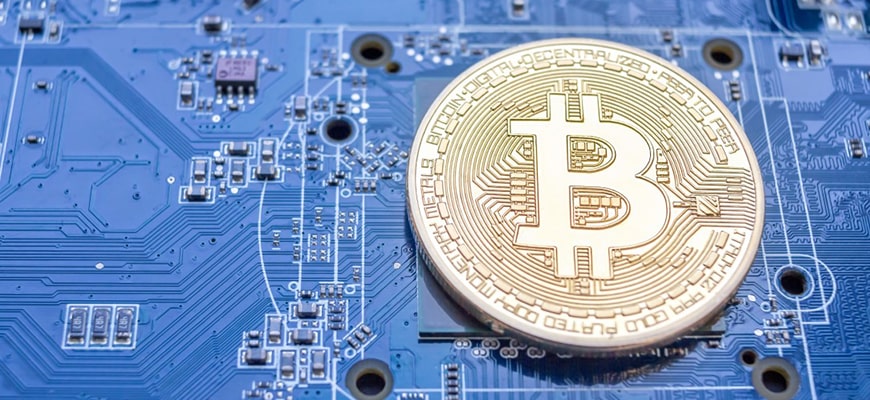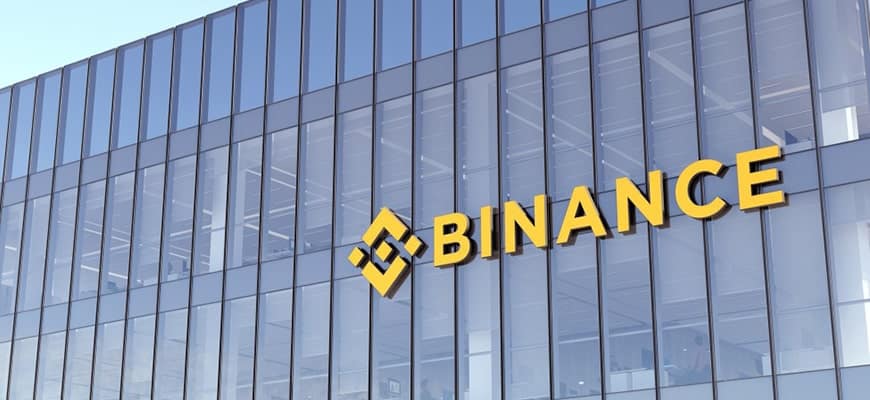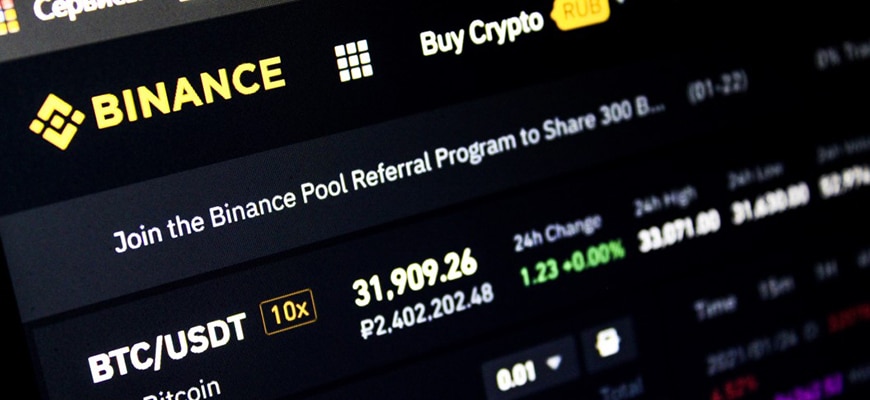Auction is a public sale by bidding, in which an asset is sold to the highest bidder.
What is auction?
Auctions are real-time events that use a bidding mechanism to purchase items ranging from antiques to real estate. When an item (physical or digital) is first put up for auction, the auctioneer (the person responsible for directing and managing the bidding process) announces the start of bidding.
Once the bidding begins, the interested parties compete for the highest price, until no one has any desire to go any further. The bidder with the highest bid becomes the owner of the asset, having paid for it as soon as the auctioneer confirms the last bid.
Auctions have changed over time, but the fundamental concepts remain. At the beginning of the procedure, there may be a preview in which prospective buyers can evaluate the items that appeal to them most. To participate in an auction, there is usually a formalized registration system. During registration, each bidder receives a bidder card with a unique identifier, which is given to them when they register for the event.
While most auctions are conducted in ascending order, in so-called Dutch auctions everything happens in reverse order. At the beginning of the auction, a high price is put up, which gradually decreases until someone accepts the auctioneer’s offer and the transaction is completed. Under certain circumstances, an auction provides for a predetermined ceiling price, which is the lowest amount for which a good or service can be sold. Such a ceiling price is also known as a reserve price or reserve.
As demonstrated by online bidding platforms, advances in technology have helped to expand the environment for auctions. These sites have made it easier to sell and trade items. Users are encouraged to post images of their items, and others can bid on them in an attempt to get their hands on an item. After the deadline for the auction ends, the highest bidder is contacted, just as in a traditional live auction, to arrange payment and delivery.
Typically, these assets are seized by criminals in federal, civil and administrative cases and auctioned off. Auctions offer amazing investment opportunities, which is what has sparked so much interest in the cryptocurrency world.
To bid, investors must first register and make a winning bid. Once the auction for a particular crypto-asset is complete, the winning bidder must make payment through the specified payment methods within a certain time frame. The winning bidder must also have a digital wallet to receive the crypto-asset and, in most cases, bear the transaction costs that may arise.
Today’s electronic auctions make it easier to sell different types of assets. Unfortunately, they are susceptible to exploitation and fraud because of their centralized nature.
Information about each auction is recorded on the blockchain, and each data change is verified using a secure cryptographic "digital signature" which is transmitted to the public blockchain for backup. The connection between the servers is also secured by a special protocol. If any data changes, the digital signature changes. This allows anyone to double-check bid information at any time and prevent hacking of auction data and changes to the digital signature, as these malicious actions will be instantly detected and refuted by the blockchain network.








